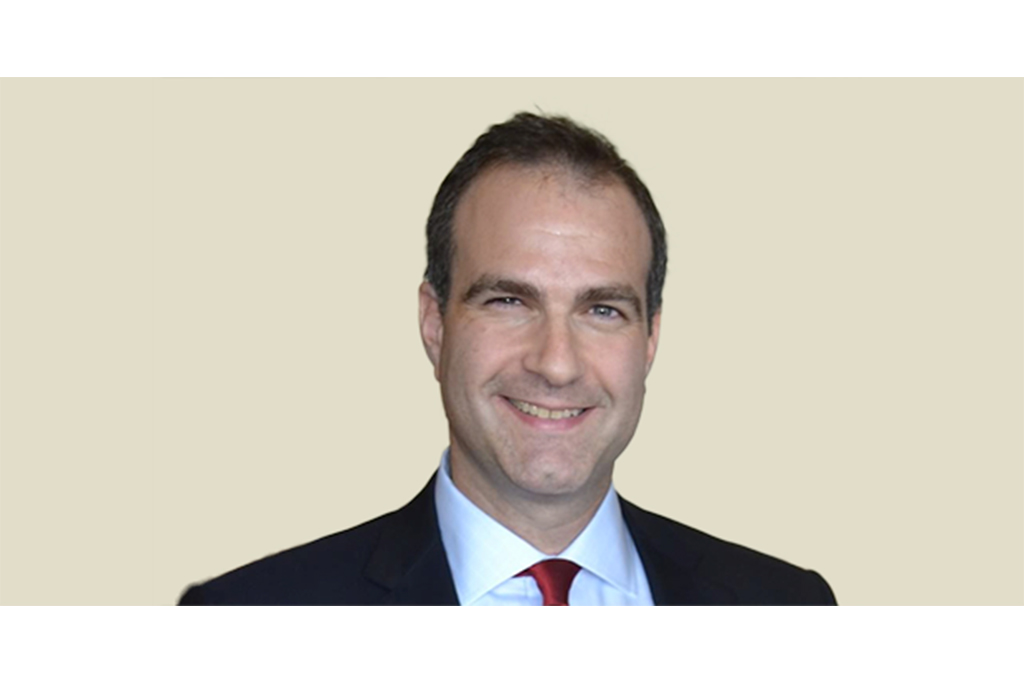Louis Carter is the founder and CEO of the Best Practice Institute. He recently discussed the importance of best practices and other topics with WD Communications.
WD: Everywhere we go, we hear clients talking about best practices. Is there a universal understanding of what this term means?
LC: In the universal sense and definition, “best practices” can be identified and benchmarked in any particular industry or field. Best Practice Institute (BPI) holds the belief that best practices are unique to each individual and organizational case. We learn from our own and other organizations’ successes, but each best practice case is identified through a set of questions and analyses. BPI searches for innovative practices that incorporate a process of co-creation for its best practice initiatives.
WD: Could you share an example of how best practices have had a positive impact?
LC: Sure. We worked with Jerry Sternin and the Save the Children organization on the concept of “positive deviance” (PD). PD essentially means that if there is a community of people with the same resources, the best practices of some individuals will allow them to find better solutions to a problem, like hunger. When the success strategies that are available to all people are identified, the community can apply them to achieve a better quality of life. In one case, PD allowed 2.2 million people in Viet Nam to reduce childhood malnutrition in the 1990s.
WD: Why are best practices important for all organizations to consider?
LC: Benchmarking and seeking out best practices from different organizations and experts is integral to all executive leadership positions. In fact, best practice learning accounts for 20% of executive level positions. Best Practice learning is important because it teaches us to stretch our minds and inspires us to increase the bar on what we can accomplish. The knowledge of greatness is a huge motivating factor.
WD: Have you seen the focus of organizational best practices evolve over the years?
LC: As a trend, best practices has become very popular globally. More and more, countries around the globe want to learn about each other’s practices. This has especially become a trend as large organizations expand into more markets worldwide. Large-scale change efforts have enabled organizations to enjoy double-digit growth and have also spurred on a great need for “good practices” across the world.
WD: In some of our writing seminars, we ask participants to distinguish between a best practice and a procedure. Do you have any thoughts on those distinctions?
LC: Great question. A best practice is a variable that changes over time and must prove results. Procedures do not have a qualifying factor. As an example, you might use a procedure to examine or diagnose a best practice. A best practice must have low variability between its desired results and evaluated results.
WD: As founder and CEO of the Best Practices Institute, could you explain to our site visitors the organization’s purpose and offerings?
LC: BPI’s purpose is to promote positive organizational, professional, and personal change. As an organization, BPI is the one-stop shop for all best practice learning on leadership and organizational change. It provides a trademarked process for evaluating “best practice” experts and organizational programs. Its vast network of members, thought leaders, and organizations gives BPI a unique advantage in research and analysis of best practices.
WD: Thank you for sharing your expertise and insights with our Web site visitors. It was a pleasure talking with you!
LC: My pleasure.
LINKS
http://www.bestpracticeinstitute.org
https://bestpracticeinstitute.org/members/new/
CONTACT INFO
lou@bestpracticeinstitute.org
800-718-4274 (toll-free)
561-881-1231 (direct: 8 a.m.–5 p.m. Eastern time—U.S.A.)
BIOGRAPHY
BPI was founded by world-renown leadership and social/organizational change expert, Louis Carter on the principles of positive change. Mr. Carter has written over eight books on best practices and organizational leadership including Change Champions and Best Practice book series published by Jossey Bass/John Wiley and Sons. As an expert in the industry, he has been interviewed, profiled, and quoted by such publications as Business Watch Magazine, Workforce Magazine, Investor’s Business Daily, and CIO Magazine.
Mr. Carter founded BPI after obtaining his graduate degree from Columbia University in Social/Organizational Psychology and an undergraduate degree in Economics and Government from Brown University and Connecticut College. At Columbia, Louis Carter obtained honors from Kappa Delta Pi, an organization promoting excellence in and recognizing outstanding contributions to education. Mr. Carter’s books, research, and teaching has been translated into over eight languages across Asia, the Middle East, Europe, North and South America. He has taught at such universities as Tsinghua School of Business in Beijing, Jackson State University, Seton Hall University, and Fortune 500 conferences throughout the world.
Are you interested in a seminar on the writing practices discussed in this article?
Please see our course descriptions for the following seminars:


